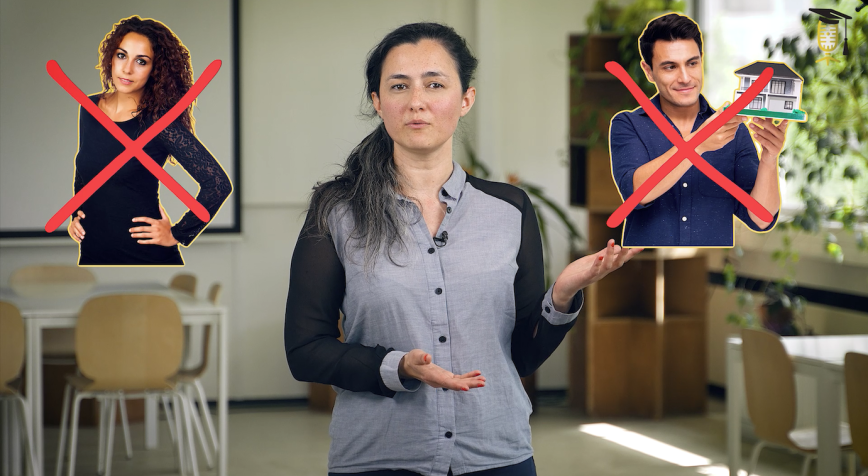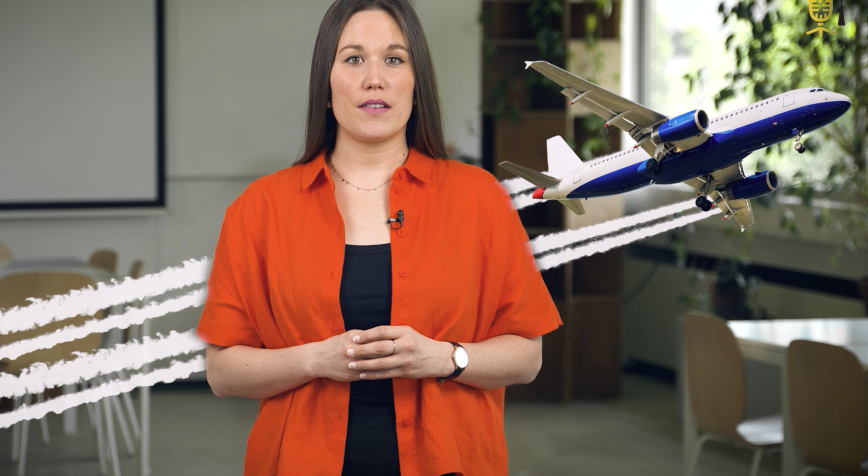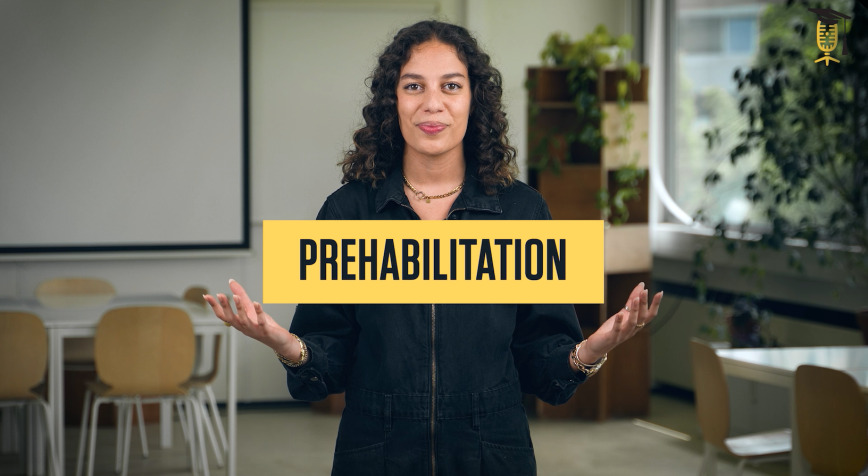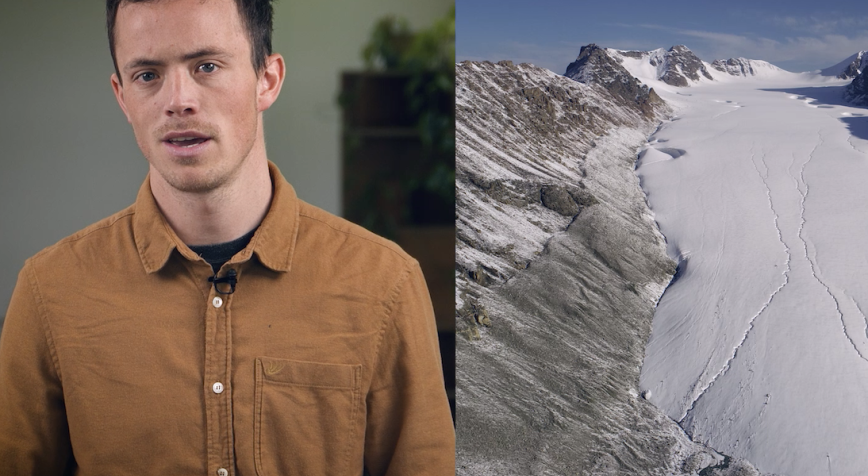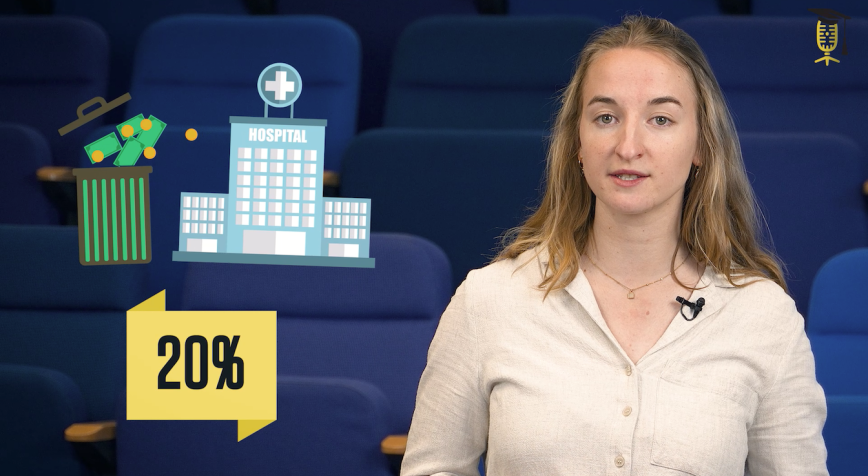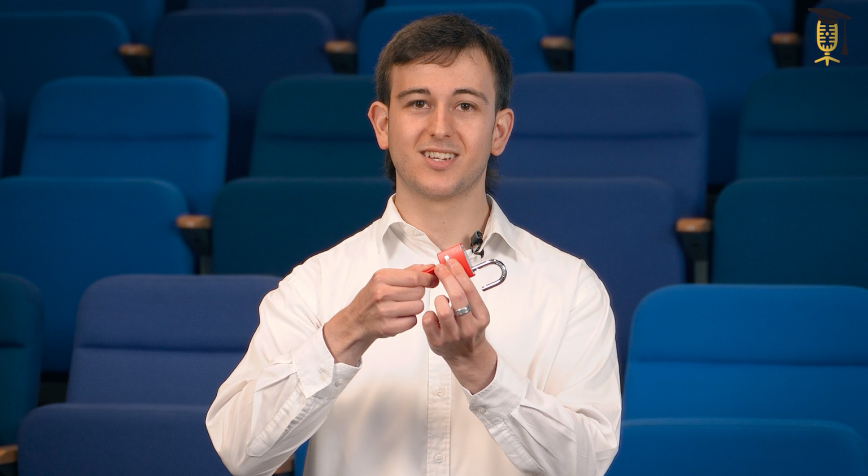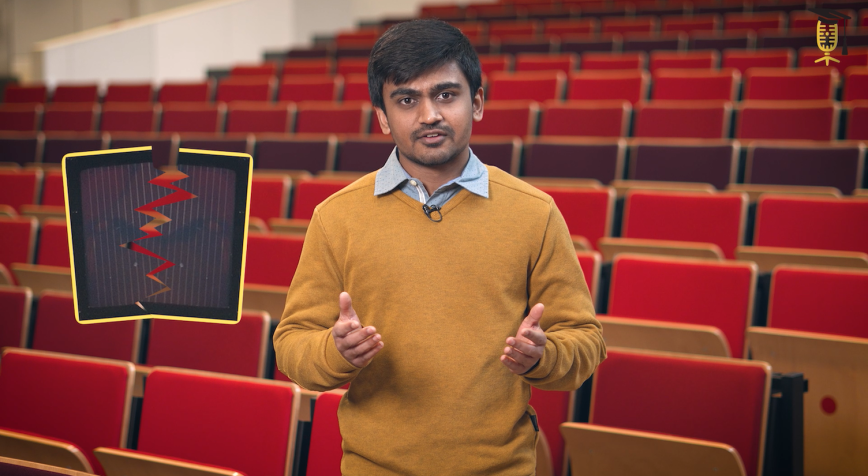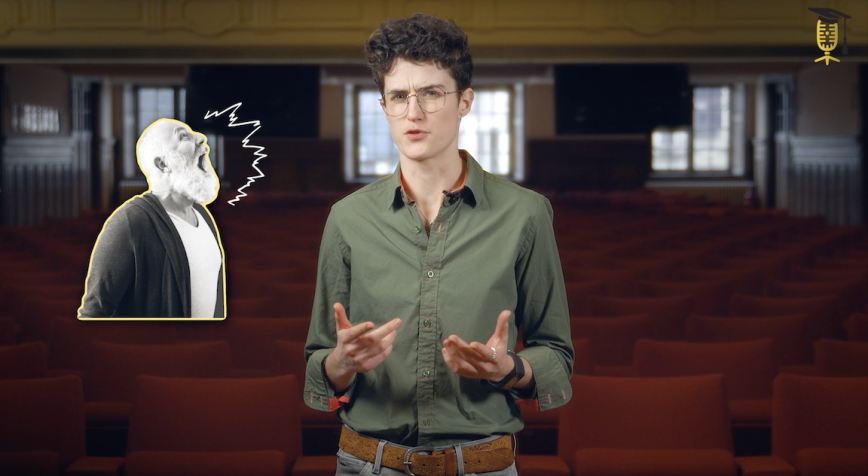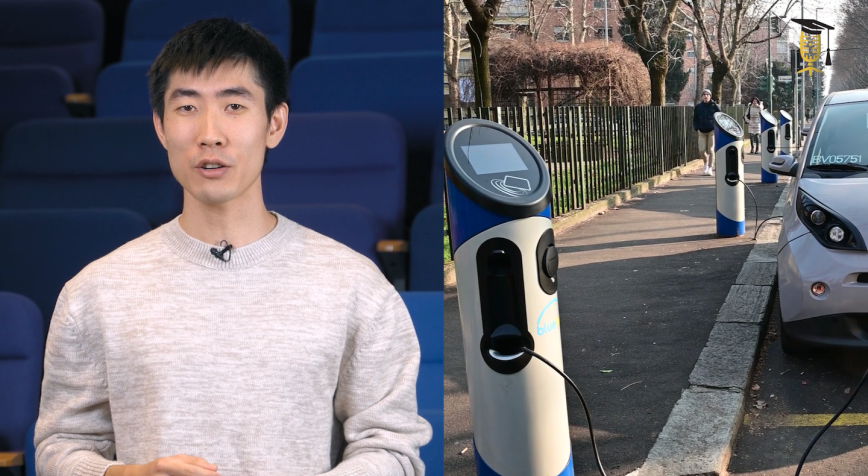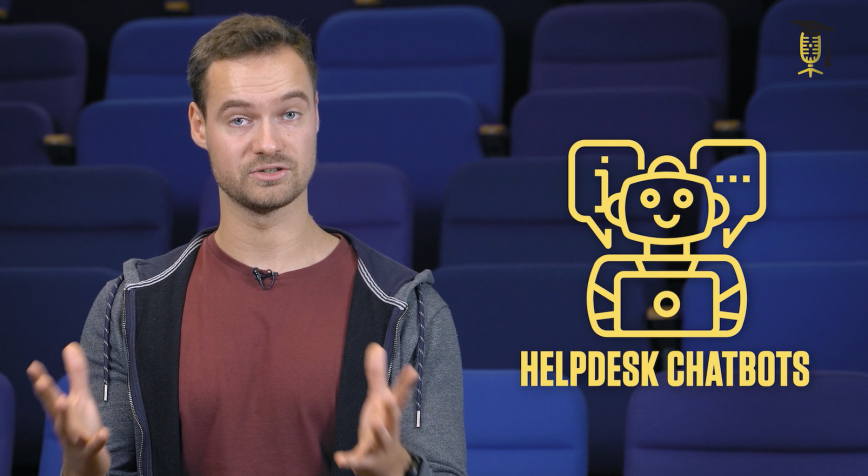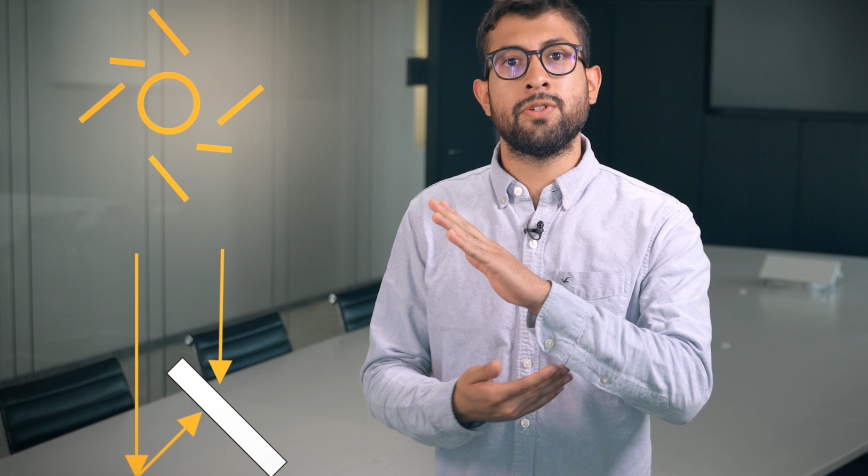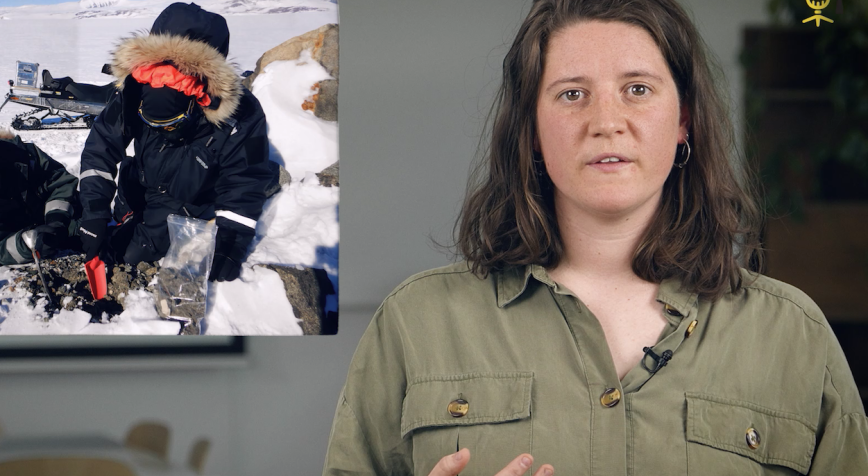
FWO
VUB
Space dust on your roof
Once in a while, a meteorite hits Earth, which then becomes world news. But did you know that there is a constant rain of micrometeorites falling on Earth? These are meteorites smaller than 2 mm, some of which, if you look closely, you can find on your flat roof. What makes micrometeorites so interesting that VUB researcher Flore Van Maldeghem even travels to remote Antarctica to find them? She tells us in this video.
